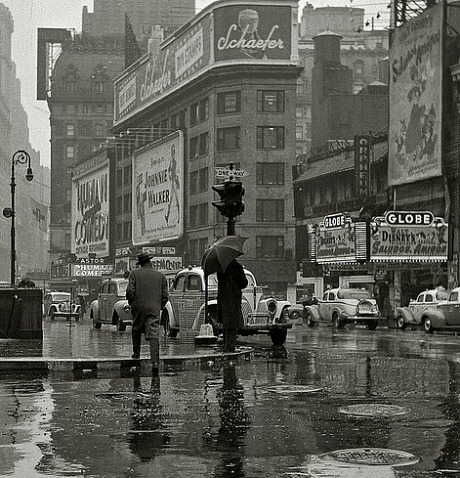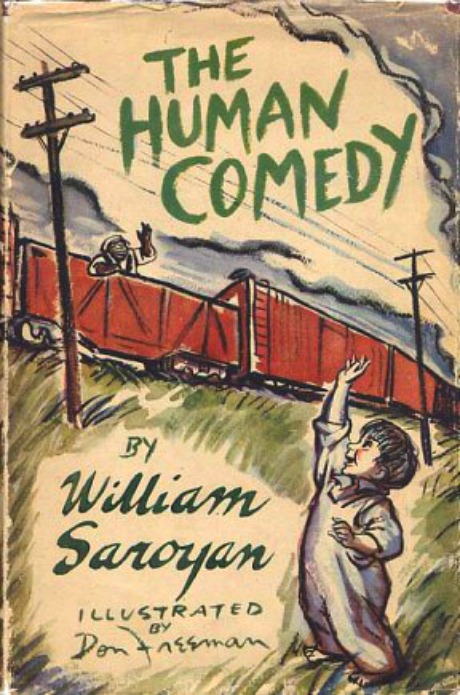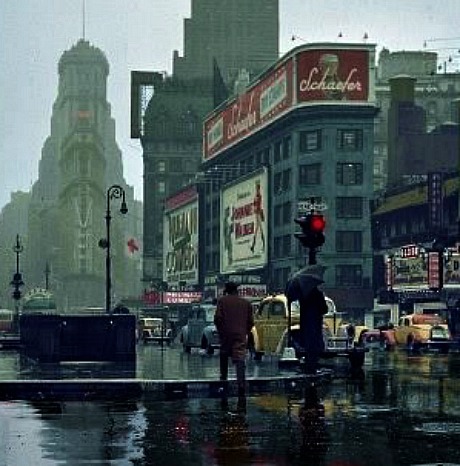I don’t want to sound mean but Meg Ryan‘s Ithaca, which screened tonight at the Middleburg Film Festival, isn’t good enough to warrant a full review. It was shot too fast (23 days) for too little money in Virginia, and I’m afraid that Ryan’s inexperience sealed its fate. I’m sorry but that feeling when a movie isn’t cutting it is unmistakable. Ithaca lacks tension and at times clarity; it seems under-energized, even amateurish at times. I didn’t care at all for Andrew Dunn‘s cinematography (particularly the framings) and the lazybones editing by John F. Lyons; nor was I taken by Erik Jendresen‘s in-and-out screenplay.

Ithaca director-costar Meg Ryan introducing her film before a Middleburg Film Festival audience earlier this evening.
Set during World War II and based on William Saroyan‘s 1943 novel “The Human Comedy“, which began as a script for a same-titled, allegedly sentimental Mickey Rooney movie which opened a month after the book came out, Ryan’s film is basically about small-town residents coping with war-related death and loss.
It focuses on Homer (the good-looking Alex Neustaedter), a teenager working as a part-time telegram delivery guy in Ithaca, a small town in California’s San Joaquin Valley. If you’ve got a son or husband fighting Hitler or the Japs and you see Homer heading towards your home with an envelope in his hand…watch out! Ryan plays Homer’s widowed mom, Tom Hanks her deceased husband (a cameo-sized role, shot in a day) and Sam Shepard is Homer’s grizzled, laid-back boss at the telegraph office.
If Ryan had been content to shoot it simply like an ’80s TV movie it might have been something, but for my money she tries too hard (which first-time directors often do) and lays on the you-don’t-wanna-know. I’m sorry but it’s…fuck it, I don’t want to cause pain or say any more. HE to Ryan: It’s very hard to make a good film — I get that. Try, try again.

Times Square in March 1943 — the sentimental movie version of William Saroyan‘s The Human Comedy with Mickey Rooney in the lead role is playing at the Astor.



